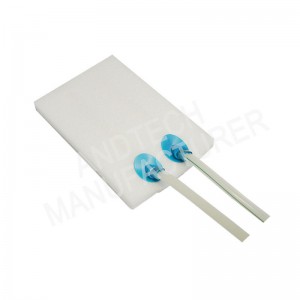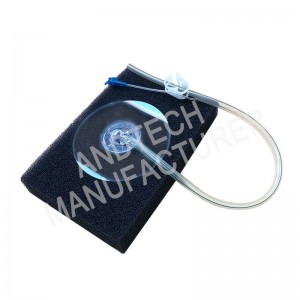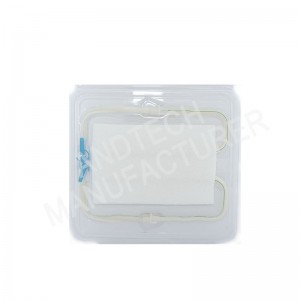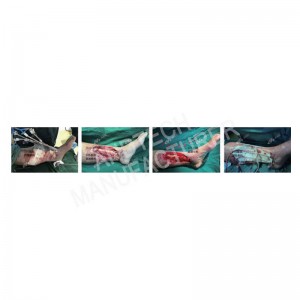Disposable Vacuum Sealing Drainage Dressing
Descriptions of PVA III
Material: Polyethylene in hydrophilic, Non-toxic, no tissue stimulation, no immune activity, no skin sensitization which is the best artificial material which has the best compatibility to the wound tissue.
Advantages: The porous structure of the material provides even effective negative pressure to the whole wound surface. Direct tunnel from independent flushing tubes to the wound surface, can be used as during carrier.
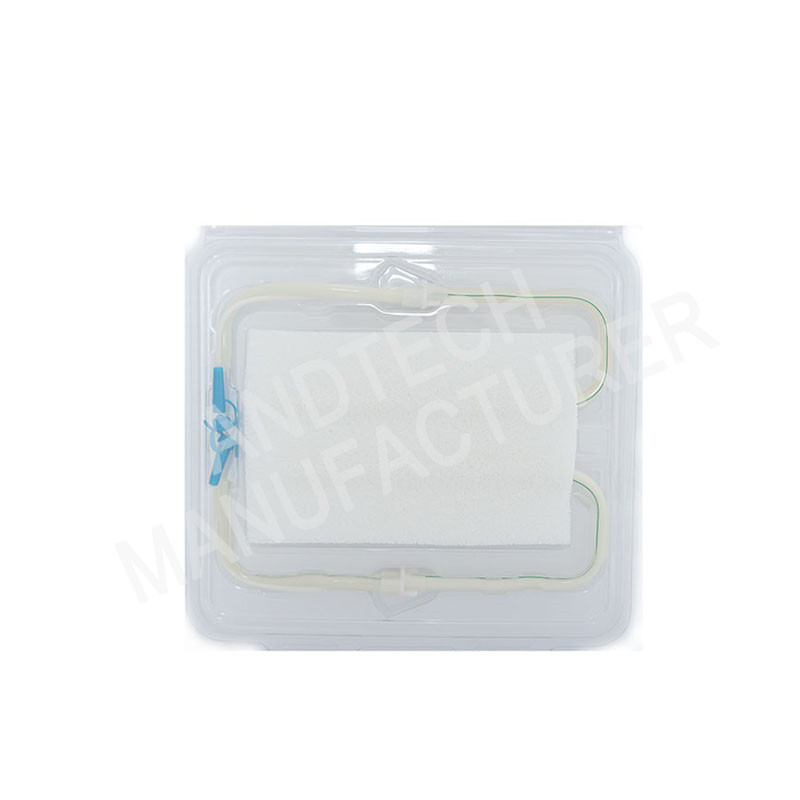
Descriptions of PU IV
1. No need to suture dressing with skin.
2. No need to use a large number of three-way connector, to reduce rate of air leakage and tube plugging.
3. Without built-in-pipe, can be arbitrarily cut to the wound.
4. Soft material can be arbitrary shaped to adapt to various kinds of wound, such as chronic ulcer, etc.
5. Low negative pressure without damage: -200 ~ 400mmHg cause damage to the wound surface and leave scar caused by pressure, pressure usually between 60 ~ 125 mmHg to achieve the effective closure and drainage performance .
Pu sponge is a dry sponge, and polyurethane material is the best thermal insulation material in the world. Known as the "fifth largest plastic", it can different physical properties such as density, elasticity and rigidity by modifying the formula; Application in wound attachment; It has advantages in managing exudate, which is manifest in high drainage capacity, especially suitable for severe exudate and infected wounds, promoting granulation tissue formation and ensuring uniform transmission pressure.
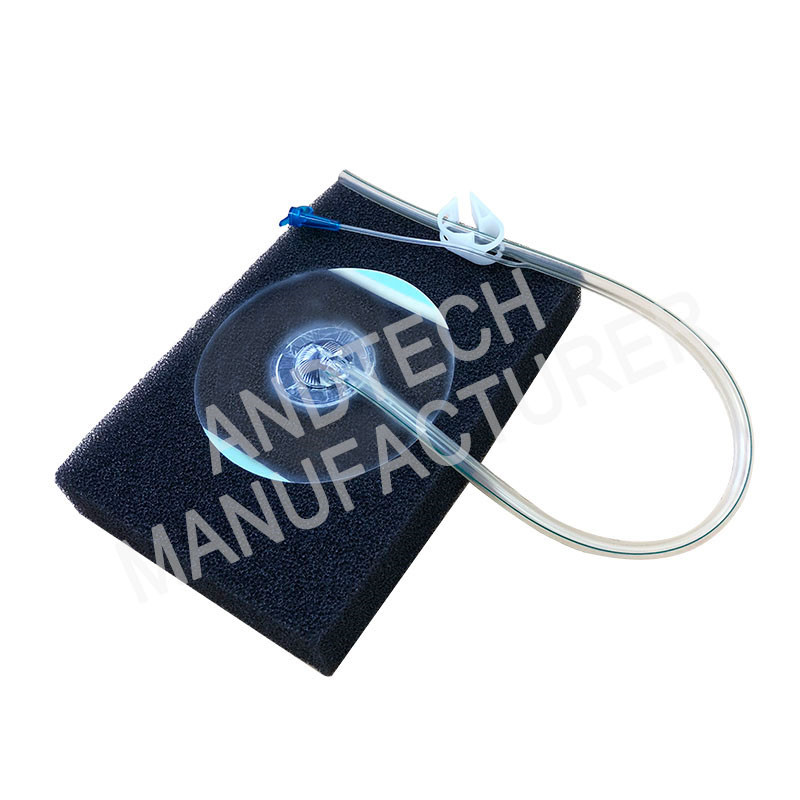
Descriptions of PVA V
1. Easy to operate: put the dressing on the wound, cover with bio-semi permeability film and seal the wound, connect the drainage tube to the connectors on dressing.
2. Safe and Reliable: special design for connectors on dressing can avoid leakage and loosen of drainage tube.
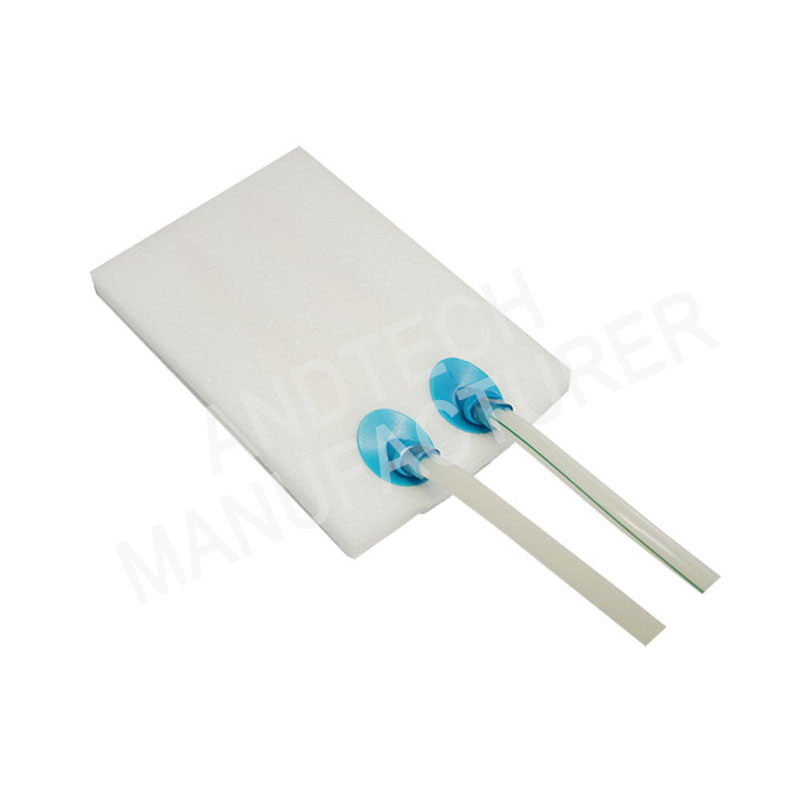
Biological micro-porous film
1. Clean the wound and surrounding skins.
2. Choose the foam of the right size according to the exudates and dead tissues of the wound, or you can cut it into the appropriate size.
3. Spread the dressing flat out on the wound, pay attention to fill cracks.
4. Seal the wound with biological micro-porous film.
5. Connect drainage tube, lengthened drainage tube and aspirator, adjust the negative pressure according to the wound size and type.







